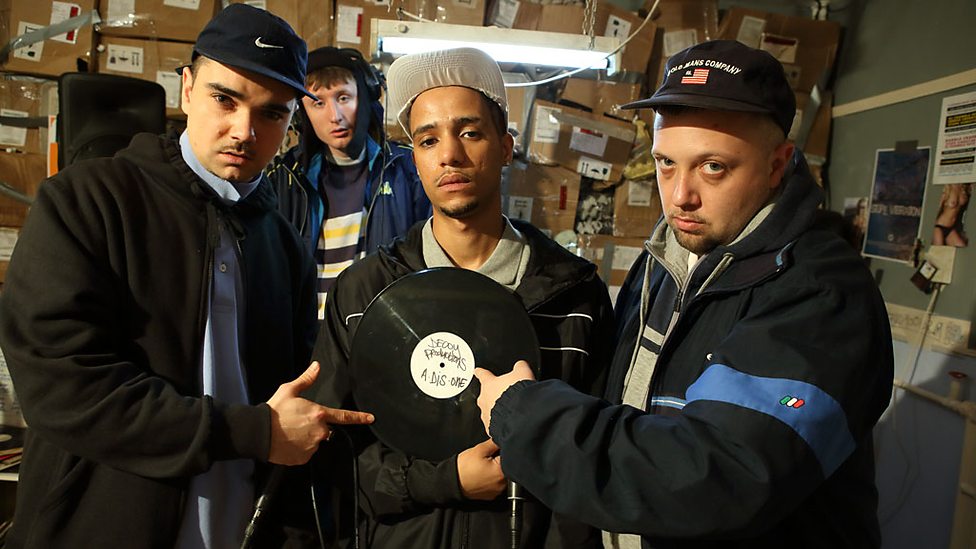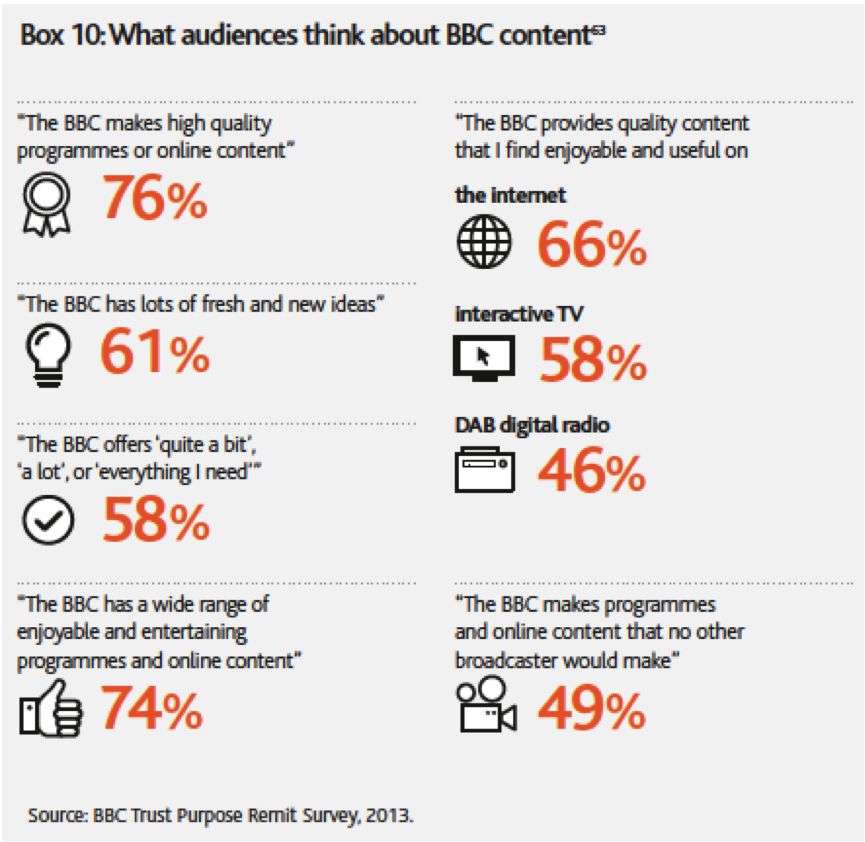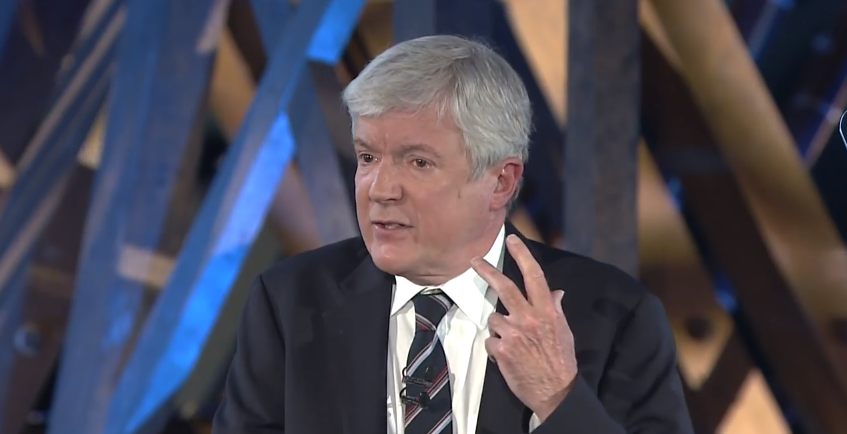After attending the protest in Parliament Square on Saturday, then joining the march all the way to the US Embassy, I came away with renewed hope in the power of mass demonstration. Feeling a sense of togetherness with thousands on the ground, many more with fists raised from their balcony windows and drivers sounding supportive honks as they shrugged off the inconvenience we had caused them.
This positivity was swiftly dampened by the blinkered response online (on social channels and in the comments sections of media platforms such as the Metro and LBC). If you were to rely on trending headlines and grandstanding speeches from establishment figures like Priti Patel it would be quite easy to dismiss the whole event as anarchy and social unrest, or a senseless riot instigated by radical lefties with literally no regard for the welfare of others. That is nonsense.
I was there, paying very close attention to anyone around me and it was a largely a peaceful protest with a real mix of ages, ethnicities and group sizes (although the mood seemed to change around 6pm by the US embassy just as police presence ballooned). What you saw outside Downing St and the clip of the horse bolting were isolated incidents. There is always a small element you take things too far but they don't represent everyone.
Then up pops Patel to condemn the toppling of Edward Colston's statue in Bristol as "utterly disgraceful", a man responsible for the enslavement, branding and transportation of almost 100,000 men women and children from West Africa (around 19,000 of whom died on the journey). However, the home secretary doesn’t seem as bothered by the public execution of black people at the hands of police officers, the disproportionate use of stop and search in the UK, firing pellets and pepper spray at peaceful protesters, pursuing justice for Belly Mujinga‘s family and so on.
It is indisputable that I and others attending these events are placing themselves at a greater risk of contracting coronavirus and hence spreading the virus to others (particularly those from ethnic minorities who have up to a 50% greater chance of falling ill in the UK, while more than 70% of virus-related deaths in the NHS have been BAME employees).
But that risk HAS been considered and minimised through the use of masks (I would estimate around 90% of people were wearing masks), many wore gloves and lots of us were mindful of personal space. I barely heard a cough or sneeze during the four hours I was there. Can beachgoers or certain individuals making essential-non-essential family visits claim a similar level of vigilance?
You have to ask why those more susceptible are willing to put themselves at even greater risk. It is not nihilism. It is intense frustration at systemic prejudice in this country and the sustained climate of suspicion ushered in amid terrorist incidents and Brexit squabbles and under the cloak of nebulous concepts such as British values. If you don't see it, you choose not to see it. It's called privilege.
In the UK, our police officers are far less trigger happy but that doesn’t mean racism isn’t there. It’s more insidious, with occasional flashpoints of gross injustice, neglect and mistreatment such as Windrush and Grenfell. One current example: according to research by the Institute for Social and Economic Research at the University of Essex, workers from ethnic minorities are less likely to have been furloughed with more than 20% losing their jobs).
Many of us in attendance have weighed up the heightened risk against the persistent mistreatment and murder of black people, and how those in positions of power – from employers to police officers, politicians and CEOs – seem able to act with impunity. George Floyd was the final straw. Or, as University of Pennsylvania professor and author of The Loud Minority: Why Protests Matter in American Democracy Daniel Q Gillion puts it, the “crescendo” to Ferguson, BLM 2016, Occupy and all the other protests.
It was a similarly laboured yet dogged campaign between 1961 and 1963 that eventually led to the Civil Rights Act in 1964 and the Voting Rights Act in 1965. Even non-violent protest advocate Dr Martin Luther King conceded that, “A riot is the language of the unheard.” Different methods are required for different times to make others pay attention, and the slower the progress the greater the risk of conflict. That is not an excuse but it is the reality.
So this is about more than one murder. This is the struggle for a new world order and it’s been a long time coming. And yet critics are stupid enough to question why protesters in the UK care so much about George Floyd instead of asking what his public execution (along with those of Breonna Taylor and Ahmaud Arbery, among others) represent. Even worse, many were quick to point out he had a long rap sheet. It's as if this “criminal” deserved to die by asphyxiation.
The crowds had a simple answer for them: “The UK is not innocent.”
I can't condone unprovoked violence against anyone, or the damage and defacement of property, but there comes a time when you have to take the streets. To be visible, vocal and disobedient in pursuit of a better world. Why says protesters haven't also taken to social media, written to MPs or signed change.org petitions? Resources like these are pinging around the internet. But it's not enough. Millions of people around the world are rising up against inequality and injustice and refuse to be complicit in their silence or inaction. They want greater urgency and policy change at all levels – criminal justice, citizenship, education, jobs, housing and so on.
I have read so many snap reactions from keyboard judges who make no attempt to empathise with the humanitarian cause at the root of the protest, instead using the NHS as emotional leverage to denounce all protesters.
How many of them know that almost a third of BAME NHS employees reported being bullied or abused by co-workers in 2020, up by 27% from 2016 according to the latest workforce equality data? How many of them were only too quick to close the door on EU migrants who prop up the health service and care for us, without considering the precarious status of these workers and their families under a points-based system with prohibitively expensive visa fees?
In our increasingly polarised world there seems to be less and less room for nuance and calm consideration of both sides of a debate in order to find a solution that benefits the largest possible cross-section of our society. That is also what I was standing up for on Saturday and will continue to do so.
Read, Watch, Listen











